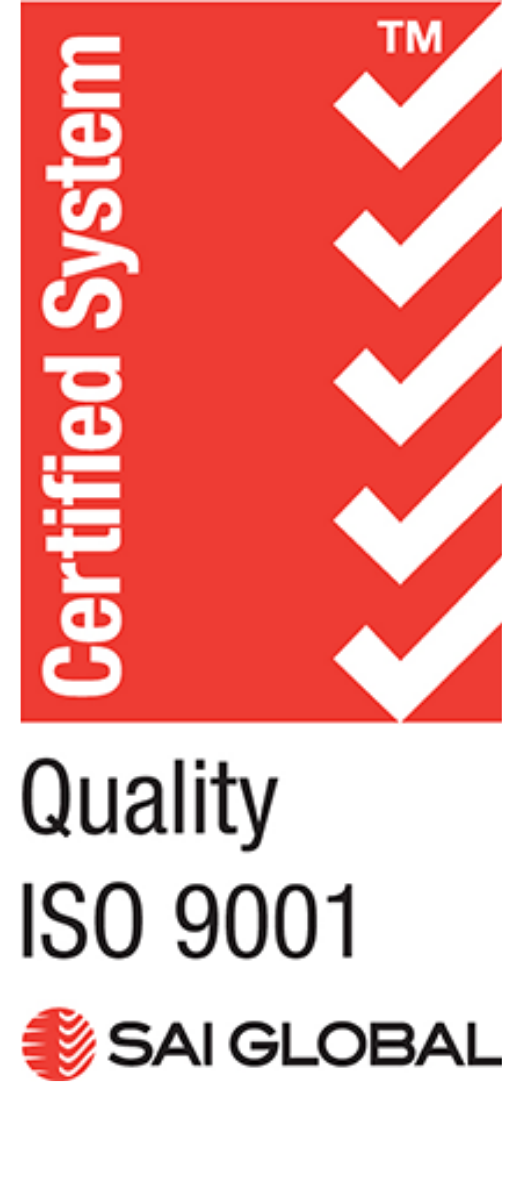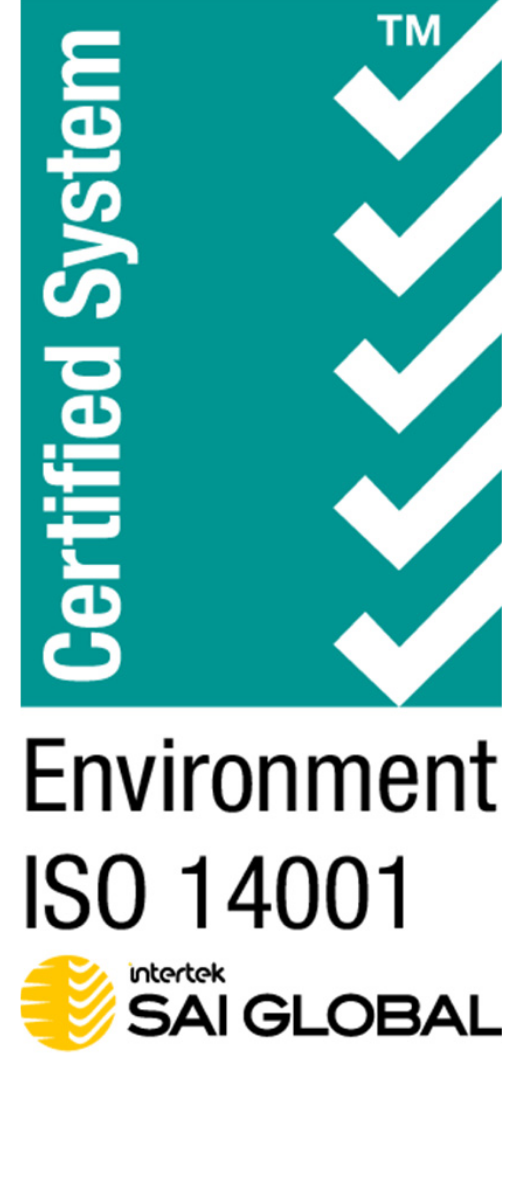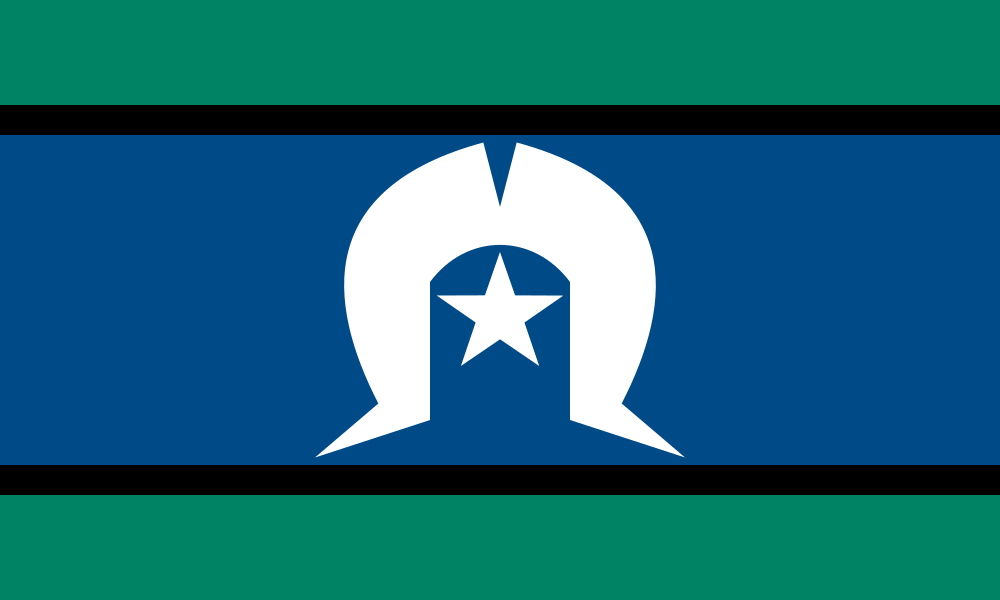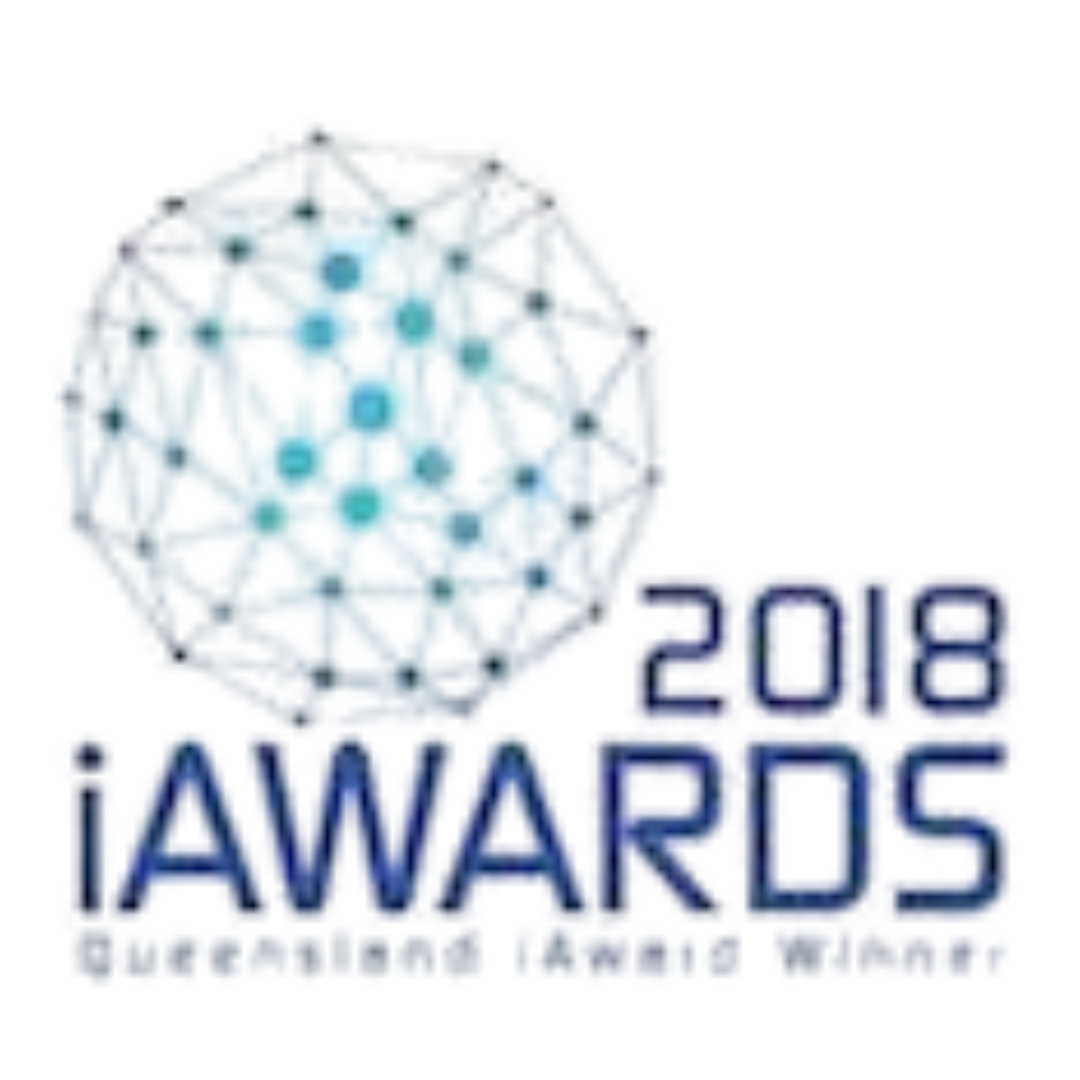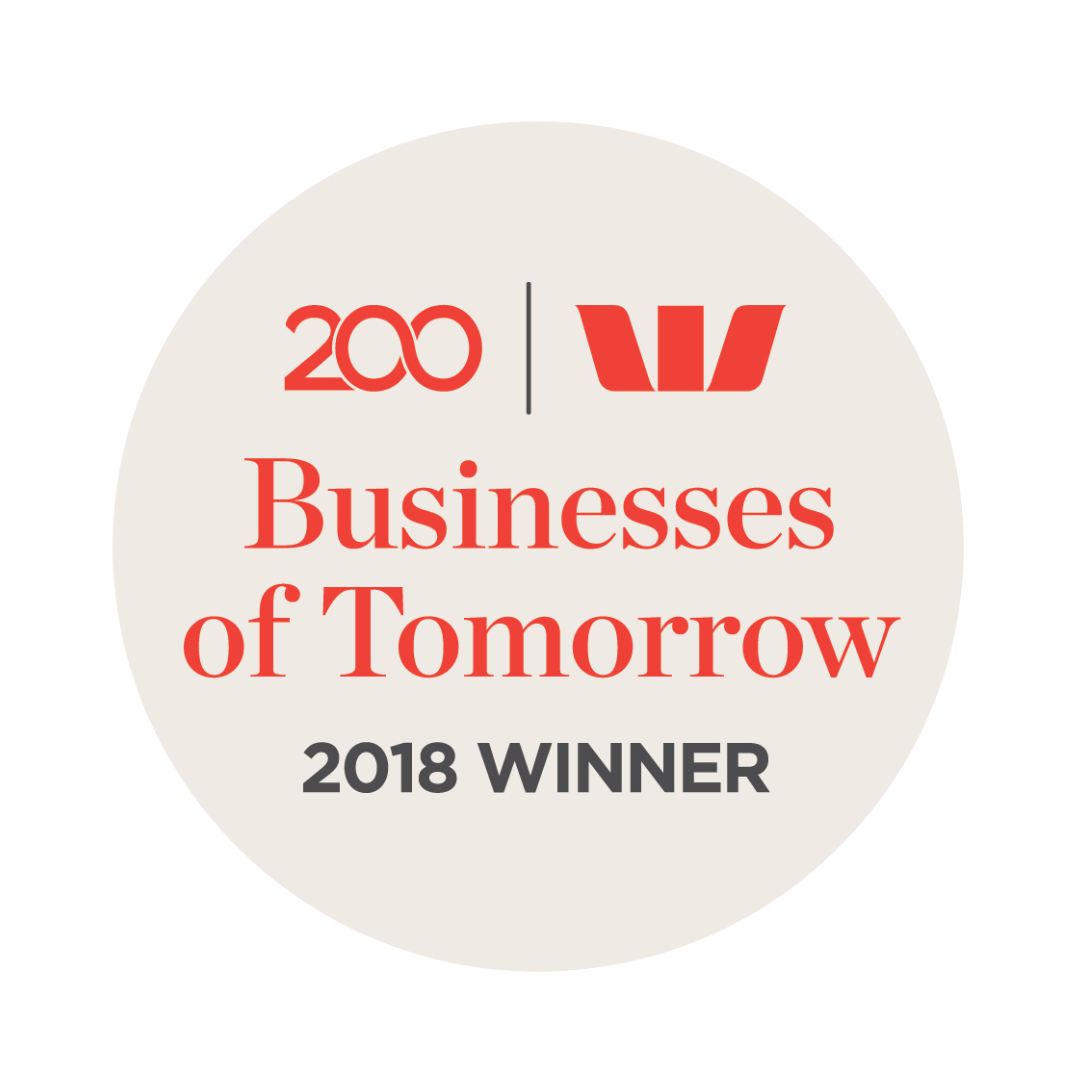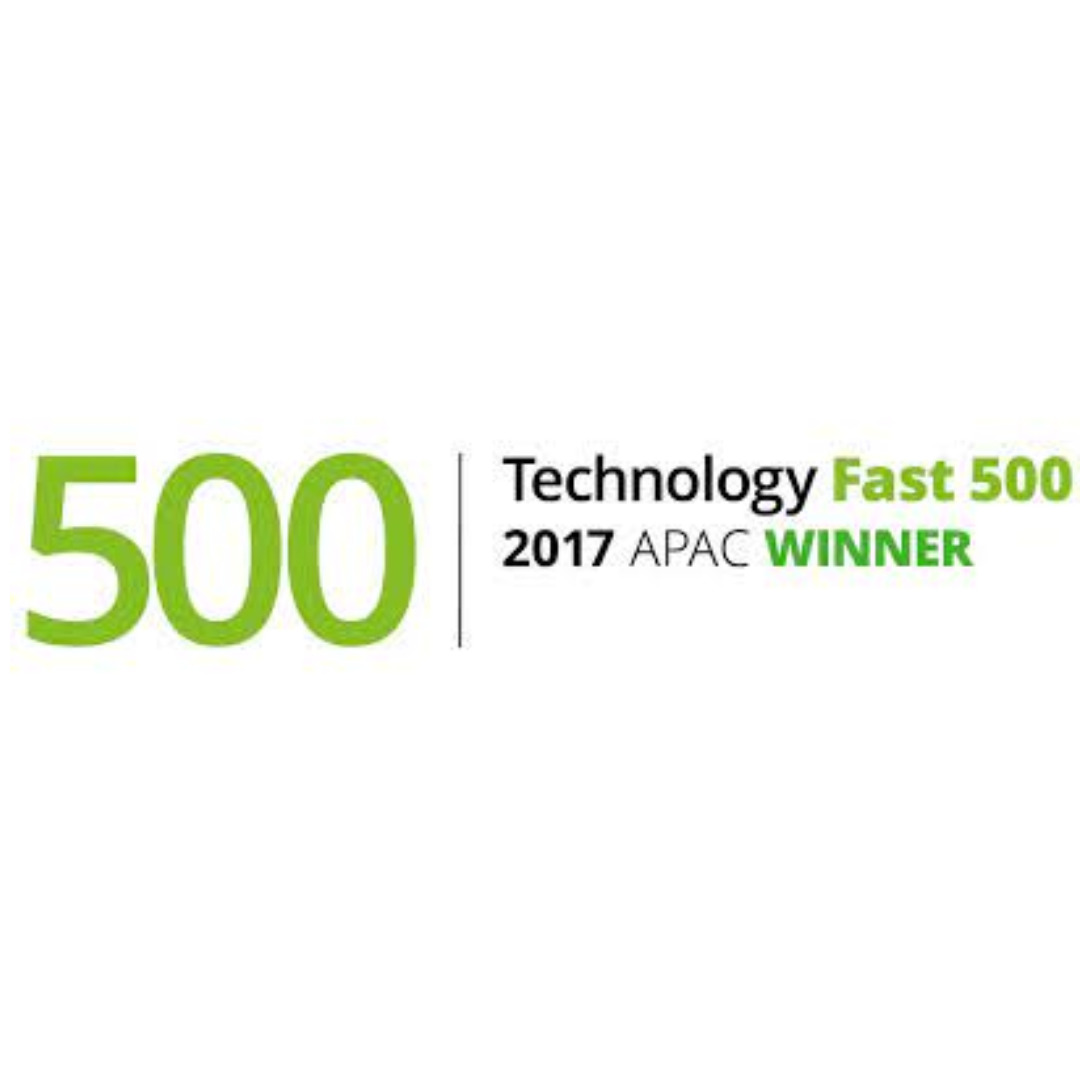Green coding, which focuses on optimising software to consume less energy, is gaining traction. IT consultants are helping businesses modernise
legacy systems and design new applications with sustainability in mind. Consultants are also helping organisations achieve certifications
for energy efficiency and compliance with environmental standards, aligning with corporate social responsibility goals.
WorkingMouse is working towards becoming more sustainable by pursuing ISO
14001 certification,
an internationally recognised standard for effective environmental management systems. To lead this process, we’ve created a new committee,
the Eco-Standards Management Group (ESMG). Our goal is to achieve the certification this year and show our commitment to reducing our
environmental impact.
6. Internet of Things (IoT): Driving Connected IT Solutions
IoT connects devices to share data and
improve processes, helping industries like logistics, healthcare, and manufacturing. IT consultants are helping businesses implement IoT
solutions that improve operations, analytics, and workflows.
In logistics, IoT sensors monitor shipments in real-time, reducing delays and improving delivery accuracy. In healthcare, wearable devices
track patient vitals and send alerts to medical professionals, enabling faster interventions. IoT is also improving road safety at rural
intersections, where systems like those from SAGE
Automation
use sensors and alerts to reduce collisions. Consultants are addressing challenges like IoT security and data integration, ensuring these
systems are both functional and secure.
7. Quantum Computing: Preparing for the Future
Quantum computing has the potential to solve problems
faster than traditional computing, but it’s still in its early stages. IT consultants are helping businesses explore its applications, like
supply chains, financial models, and cryptographic security.
In December 2024, Google announced ‘Willow,’ their
next-generation quantum chip. It performed a computation in under 5 minutes that would take one of today’s fastest
supercomputers
10 septillion years to complete. While it’s not expected to be widely available for years, this breakthrough brings quantum computing closer
to practical use and may already be accessible to certain organisations, particularly in the AI space.
Although widespread adoption is years away, consultants are preparing organisations by identifying potential use cases and creating
strategies to integrate quantum technologies. By building awareness and laying the groundwork, IT consultants are ensuring their clients are
ready to capitalise on quantum computing’s potential when it becomes widely available.
8. AR/VR: Creating Immersive Experiences
Augmented Reality (AR)
and Virtual Reality (VR) are changing the way businesses interact with customers and how they train their employees. Retailers use AR to let
customers visualise products in their homes before purchasing, while VR enables virtual property tours and immersive training
simulations.
IT consultants are helping organisations adopt AR/VR technologies by designing IT solutions that align with their goals. For example,
consultants are working with healthcare providers to implement VR-based training programs for medical professionals. These technologies also
improve collaboration, allowing remote teams to work together in virtual environments. As AR/VR hardware becomes more affordable, more
businesses are exploring these tools to enhance their operations and customer experiences.









.png)
